ECHOcommunity อัปเดต
EIAC 2025 Early Bird Extended 2025-08-05
Did you miss the Early Bird deadline for the November ECHO International Agriculture Conference? We have extended our deadline for the Early Bird price to August 31st!
Visit the link to the conference website above for more information about our plenary speakers, post-conference options, becoming a speaker, poster session opportunities, lodging, and registration.
We hope to see you this November!
Promote your event! Utilize ECHO Conversations' event category 2025-07-29
Network Event Postings
Does your organization have an event coming up that might be of interest to agricultural or community development workers? Post it here with details and a link for more information or to register. Please include the date of the event so we can ‘hide’ the posting once the event is in the past. Include any details that will be helpful for ECHO Community members when planning for the event!
Seed Banking Training at ECHO North America! 2025-07-22
Are you interested in seed security?
Join this 5-day intensive on seed saving and seed banking! You will explore key topics such as seed biology, multiplication, selection, processing, storage, and pest management, with an emphasis on enhancing food security and agricultural development. The course includes hands-on demonstrations and real-world applications, providing practical skills for successful seed management in the tropics. The week will conclude with a seed swap, offering an opportunity to connect and exchange resources with fellow participants!
Now Available! EDN 170 2025-07-15
In this issue
- Should I Apply for Organic Certification? A Practical Guide for Farmers and Producers
- Is Aquaponics for me?
- Echoes from Our Network: Grow Fertility using Green Manure/Cover Crops
- From ECHO’s Seed Bank: ‘Georgia-1’ pigeon pea (Cajanus cajan)
Should I Apply for Organic Certification?
A Practical Guide for Farmers and Producers
Spencer Leung, GO Organics Peace International
Excerpt:
Certification costs vary by certification category, farm size, number of sites, and the distance the inspector travels. Each certifying company will ask for information to calculate costs. Third-party certifiers often charge higher audit and travel fees. Smallholders selling locally can reduce costs through Participatory Guarantee Systems (PGS) or group certification. PGS processes typically require modest administrative levies shared among members. Farmers aiming to export products should budget for consultancy services, laboratory tests, and certification fees accepted by the export country.
Survey Opportunity: Agroecology Living Labs 2025-07-08
ECHO Commuity member Marie Miller-Aichhol is conducting research about the role of agroecology living labs in sustainable food systems. Please share your thoughts on this method for promoting sustainable, equitable, and productive agroecosystems. The survey is 18 questions and only available in English.
Her research objective is to study the extent to which agroecology living labs contribute to environmental justice and food sovereignty. In other words, how much they live up to the claim of transformation and systems change, given the increasing use of the term in recent years, not least in policymaking and science.
EIAC 2025 Speaker Highlight: Roy Danforth and Paul Noren 2025-07-01
Roy and Paul met working on the same project in Congo in 1980 and became a team for 40+ years. Together, they have written 3 books on Agroforestry in the hot, humid tropics. Their years of working together have generated many stories to tell and practical suggestions to pass on to the younger generations during this year's conference!
Roy was born in Southern California and grew up camping and loving the outdoors, especially in rustic areas, which led to his interest in college in Biology. He and his wife got married after a year of college and were called to the mission field a few months later. They both joined the Evangelical Covenant Church and served 20 years in the DRC and 20 years in the Central African Republic/Cameroon, where they worked alongside farmers helping them with new species of beans, veggies, and fruits, along with improved farming methods. Roy is retired now, but continues to advise several other ag projects, mostly in Africa.
Paul Noren was born and raised in the Ubangi region of the DRC to missionary parents. His dad was from a farming background in Kansas and was also an outdoors sportsman, so Paul was introduced to planting things and spending time in the wild from his childhood on. Paul and his wife Sheryl went out as missionaries to the area where he grew up in 1979. Paul has worked in three countries over the past 45 years: DRC, Central African Republic, and Cameroon.
Register to hear these remarkable speakers!
ISHS Symposium on Underutilized Plant Species: Speaker Highlight 2025-06-24
Dr. Festo Massawe Ph.D.
Potential for underutilized crops to improve nutrition security and socio-economic equity in a changing world
Professor Festo Massawe is a crop scientist with expertise in crop diversity, sustainable and resilient food systems. He is a former Head of School of Biosciences at the University of Nottingham Malaysia and currently leads Food Systems Diversification Research team. He has extensive experience in developing and leading research, training and knowledge exchange activities focused on underutilized crops (and has worked) with partners in Asia, Africa and Europe. His research is focused on promoting food systems diversification through wider use of underutilized plant species, believing that these efforts will lead to a healthy, sustainable and resilient future.
Speaker Highlight: IV International Symposium on Underutilized Plant Species 2025-06-17
October 20-24 | Fort Myers, FL
See the speaker lineup and their plenary topics for the October 2025 ISHS Symposium on underutilized plant species! Join us to engage in a variety of ideas and topics, including the impacts that underutilized plants can have on nutrition, food security, socio-economic equity, marginal ecosystems, and more.
ECHO Innovation Exchange Conference this July in Tanzania 2025-06-17
July 16-18 | Moshi, Tanzania
We are delighted to ask you to participate and present at our upcoming Innovation Exchange Conference organised by ECHO East Africa in collaboration with the Watersheds Foundation. The conference will focus on Water, sanitation, and hygiene (WASH), Sustainable Agriculture and Appropriate Technologies. Innovative ideas by groups funded by the Watersheds Foundation and previously by Waterlines will be shared. Practices, experiences, and technology by ECHO and regional partners will be showcased across topics in food security, sustainable livelihoods, water, sanitation, and hygiene (WASH).
.png?w=1200)
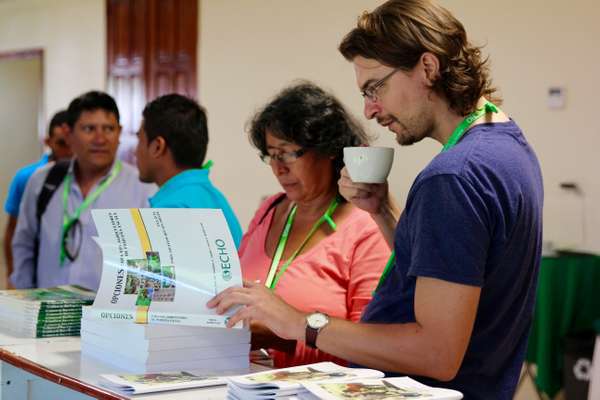
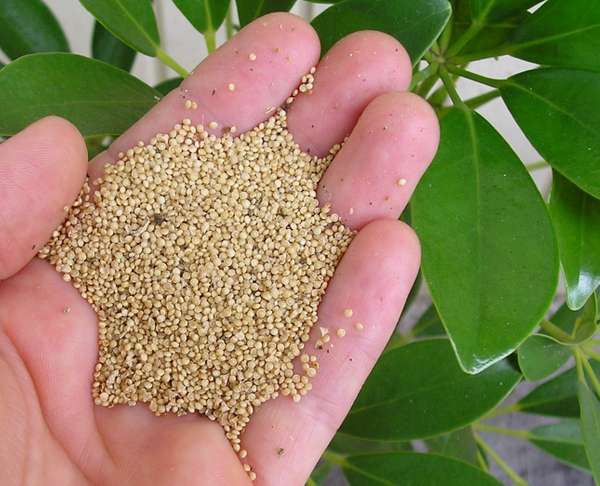
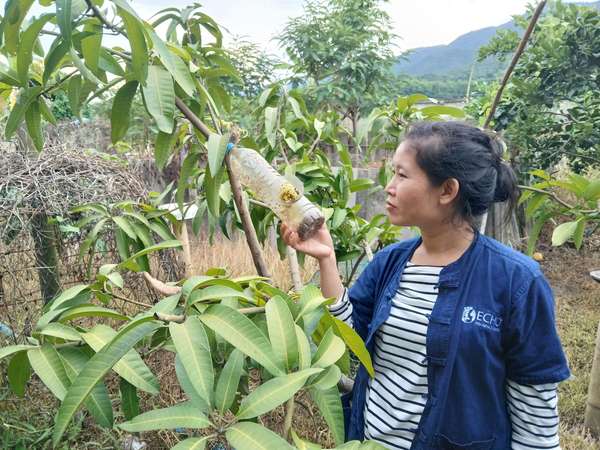
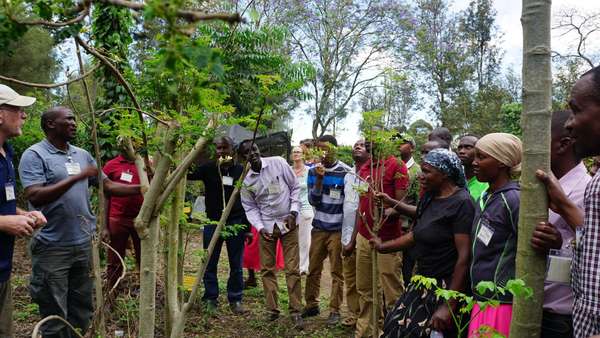


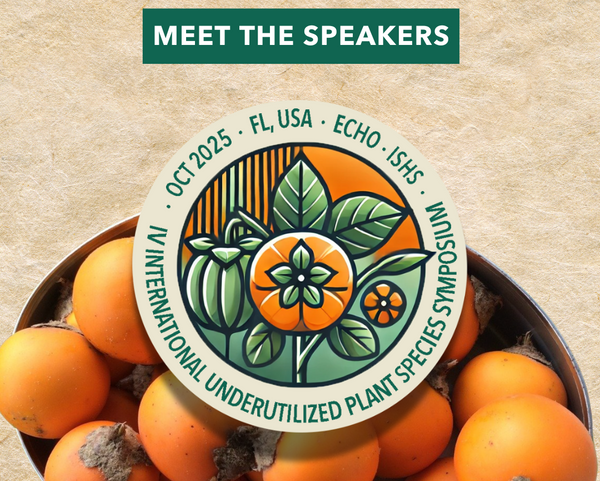

.png?w=1200)